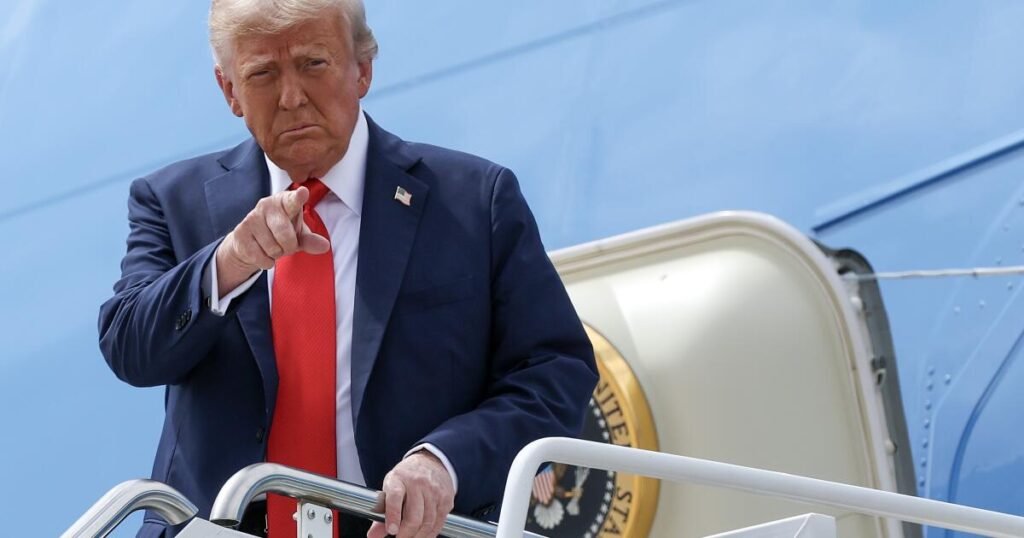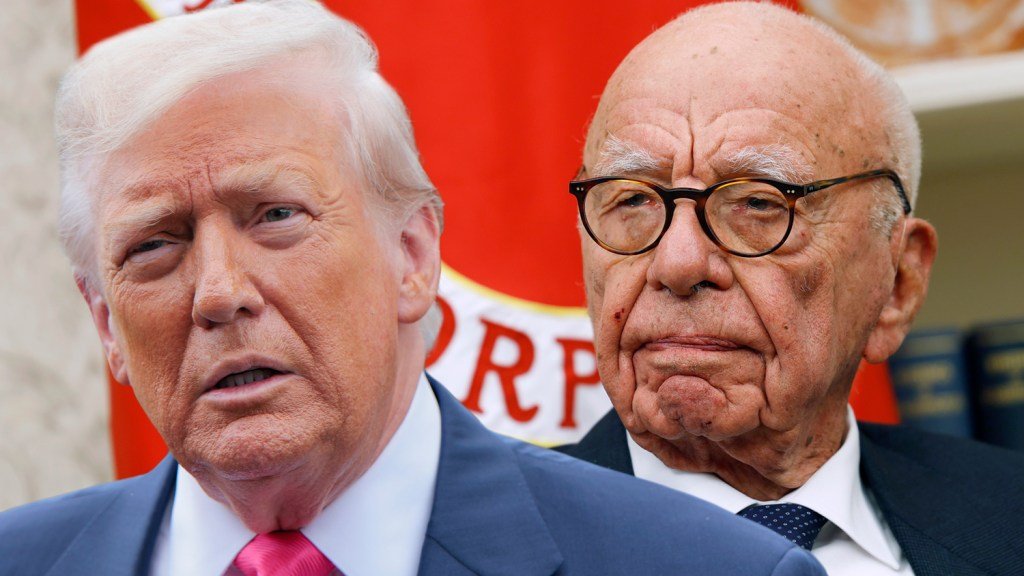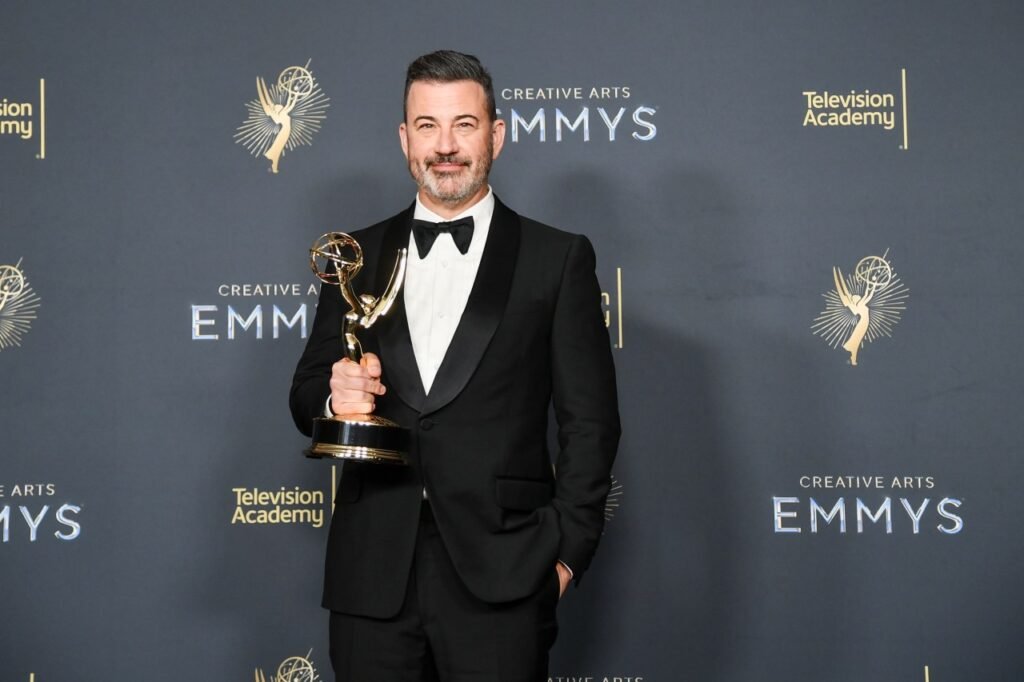The recent
phone call between Chinese President Xi Jinping and US President Donald Trump signals a pivotal moment in the world’s most critical bilateral relationship.
While tensions between the two powers have dominated headlines, the conversation – described as “pragmatic, positive and constructive” by China’s People’s Daily – hints at an emerging reality: the US and China are being pushed into accommodation rather than escalation. This shift reflects pragmatic acceptance of mutual dependence despite strategic competition, creating an essential framework for global stability.
Initially, Trump’s return to power intensified fears of a renewed pursuit of American primacy. His administration imposed high tariffs on Chinese imports and broader global tariffs, targeting allies and adversaries alike. This approach sought to reclaim US supremacy through economic pressure.
Yet, beneath the rhetoric of decoupling, both economies remain deeply intertwined. US tariffs aimed at reducing reliance on China have spurred
alternative supply chains in Vietnam, Mexico and India while failing to sever critical dependencies – particularly China’s dominance of
rare earth minerals and electric vehicle battery production. Similarly, American companies like Tesla and Apple continue to rely on China’s market and manufacturing prowess, highlighting the limits of forced separation.
This economic reality creates a managed rivalry – fundamentally different from the Cold War. Today’s US-China relationship is characterised by systemic competition amid deep interdependence. Unlike the Soviet-era divide, this confrontation lacks ideological rigidity. Most nations, including Southeast Asian and European states, refuse to choose sides, pursuing
hedging strategies instead.
The rivalry is also economically asymmetric: US strength lies in hi-tech sectors like semiconductor design, while China controls key supply chain nodes and green technology sectors. This interdependence mandates cautious competition, as all-out conflict would be mutually devastating.






